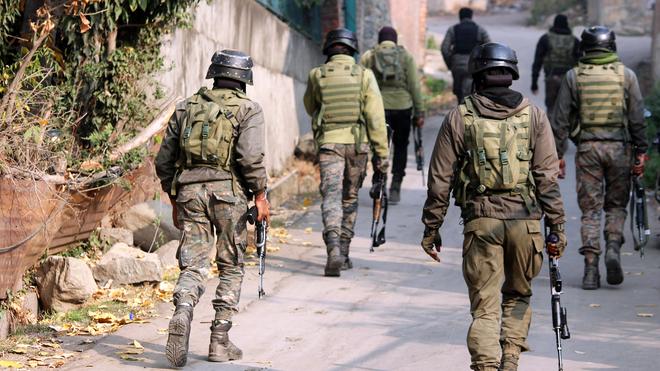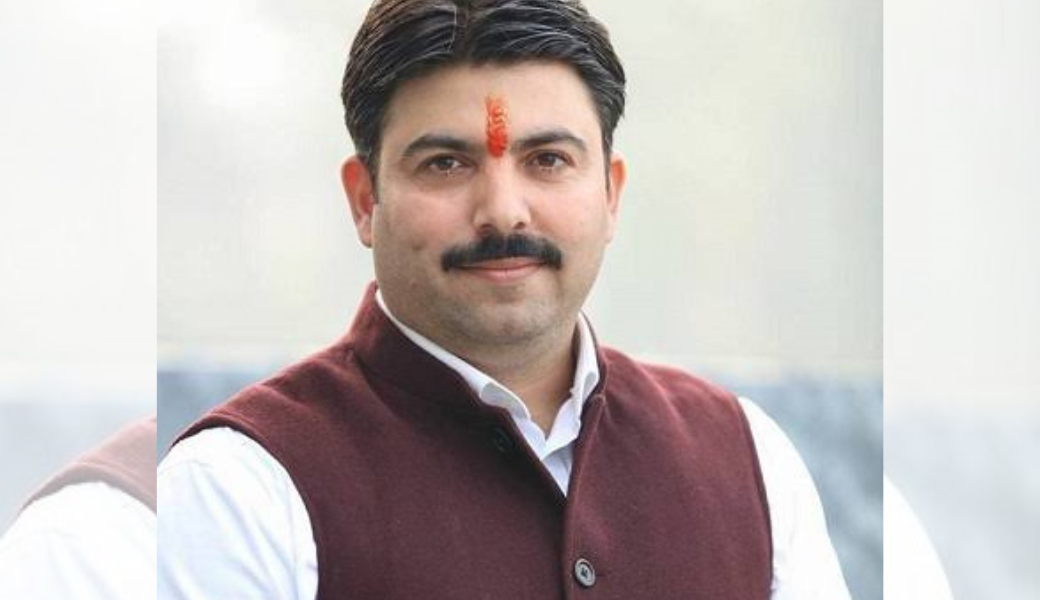By Rana Ayyub
The intent was clear. Accompanied by video depicting past militant attacks, the message promoted a narrative of Islamist terrorism in a country where the 220-million-strong Muslim population has been demonized by the Modi-led government in the year leading up to general elections.
Soon after the tweet was released, pro-government news channels in India portrayed the attack on Israel as an Islamic jihad menace, something they alleged India had been grappling with for decades. India and Israel faced a common enemy, they said: “Islam.” Millions of tweets followed in solidarity with Israel and laced with anti-Muslim rhetoric.
Yet, today, many Hindu nationalists are also ardent supporters of Israel and Prime Minister Benjamin Netanyahu, whom Modi considers one of his close friends and allies.
Far-right Hindu nationalists even rallied outside the Israeli Embassy in New Delhi asking to enroll in the Israel Defense Forces to combat the common enemy of both Israel and India. “The same radical jihadist Islamist terrorist thinking that Israel is a victim of, we are a victim of as well,” one anchor said on television. “Israel is fighting this war on behalf of all of us.” Another leader of Modi’s BJP said on social media: “We may face the situation that Israel is confronting today if we don’t stand up against Politically motivated Radicalism.”
This story was originally published in washingtonpost.com. Read the full story here .





